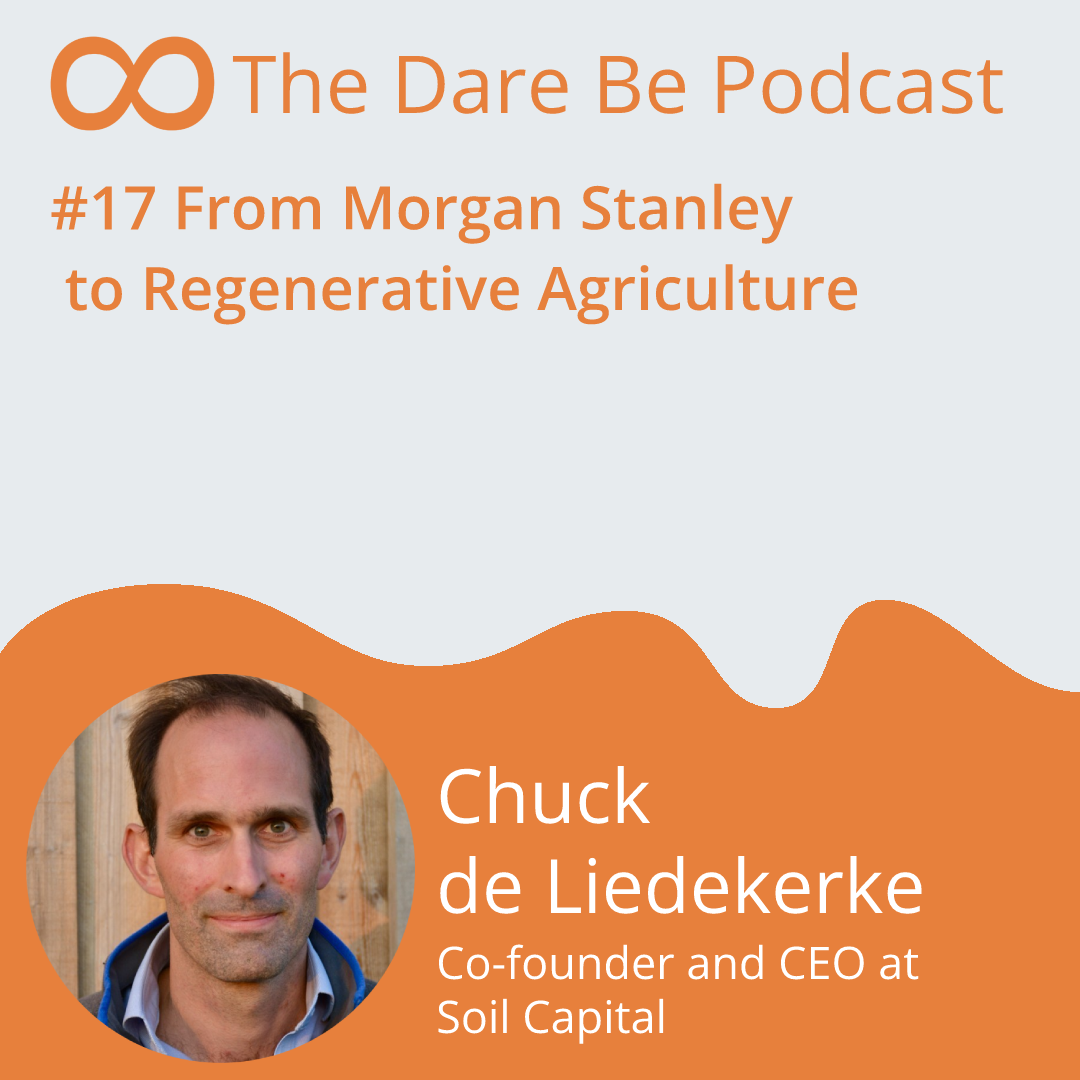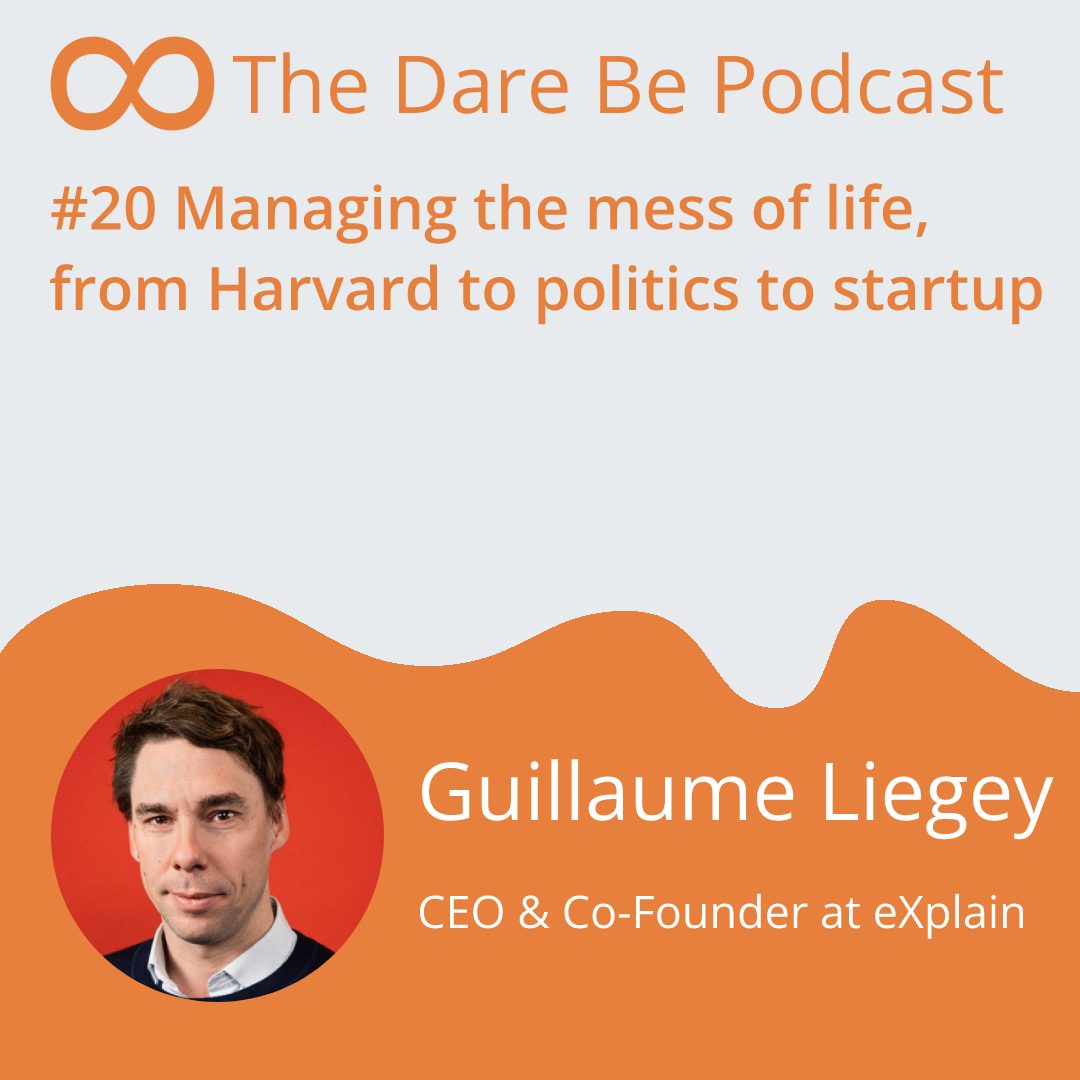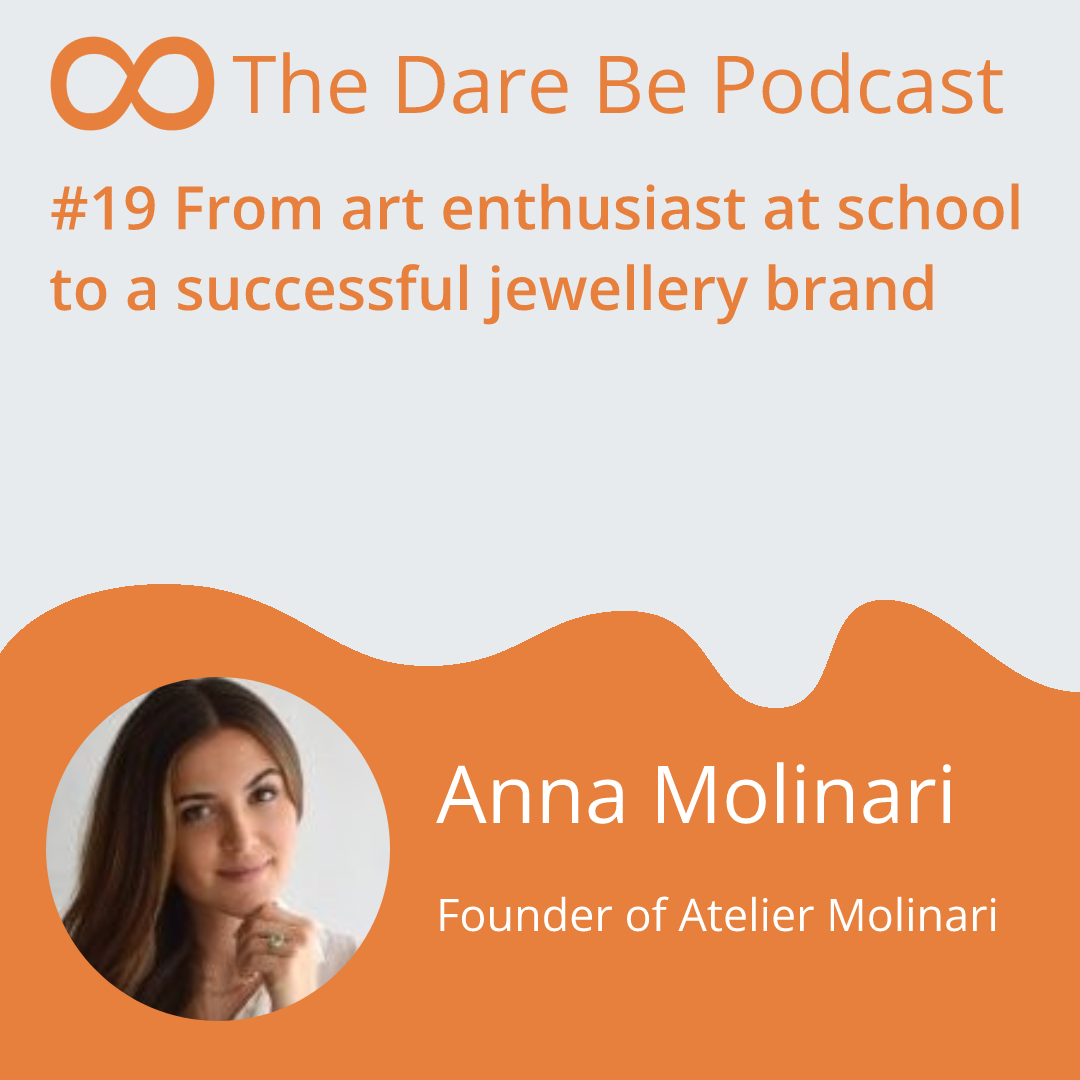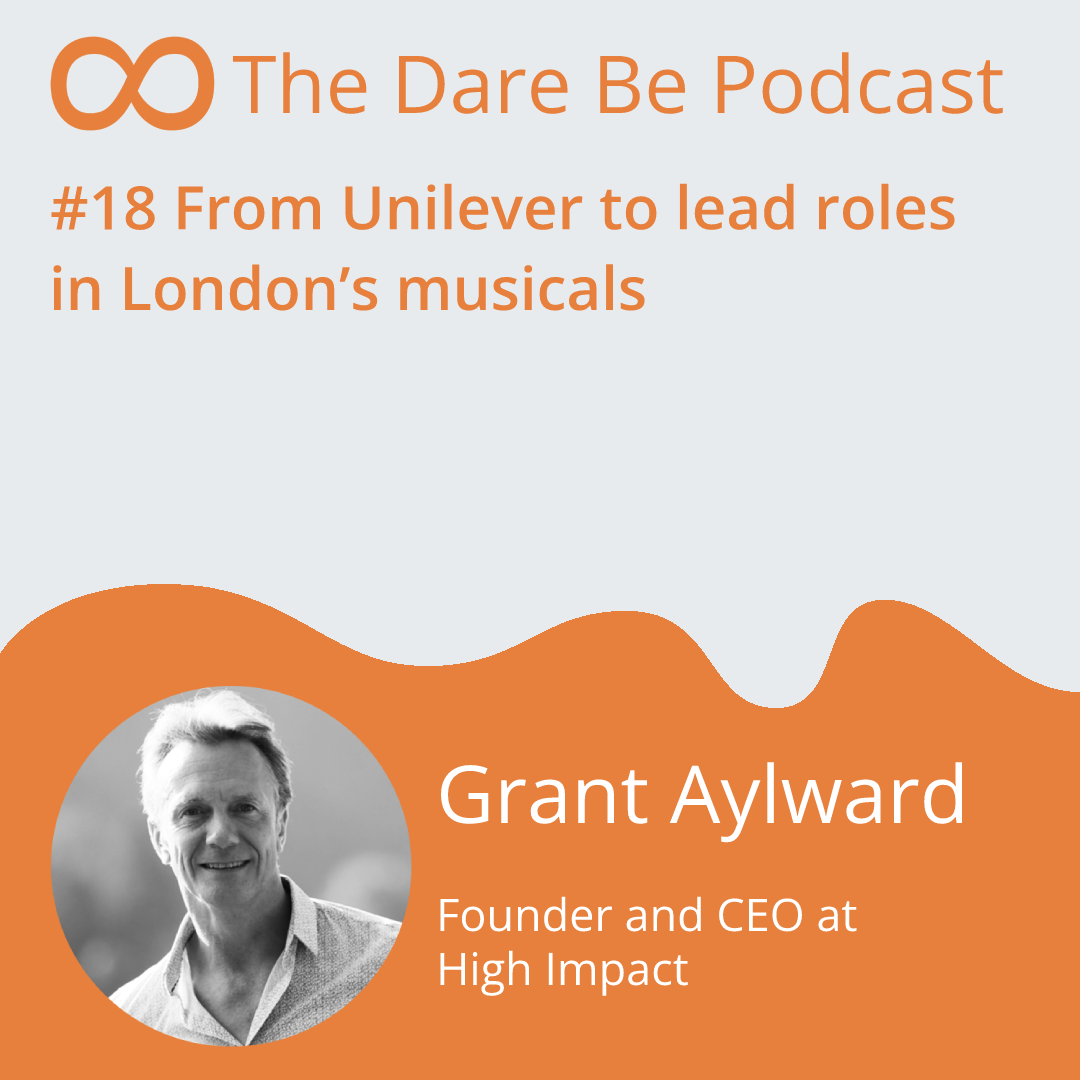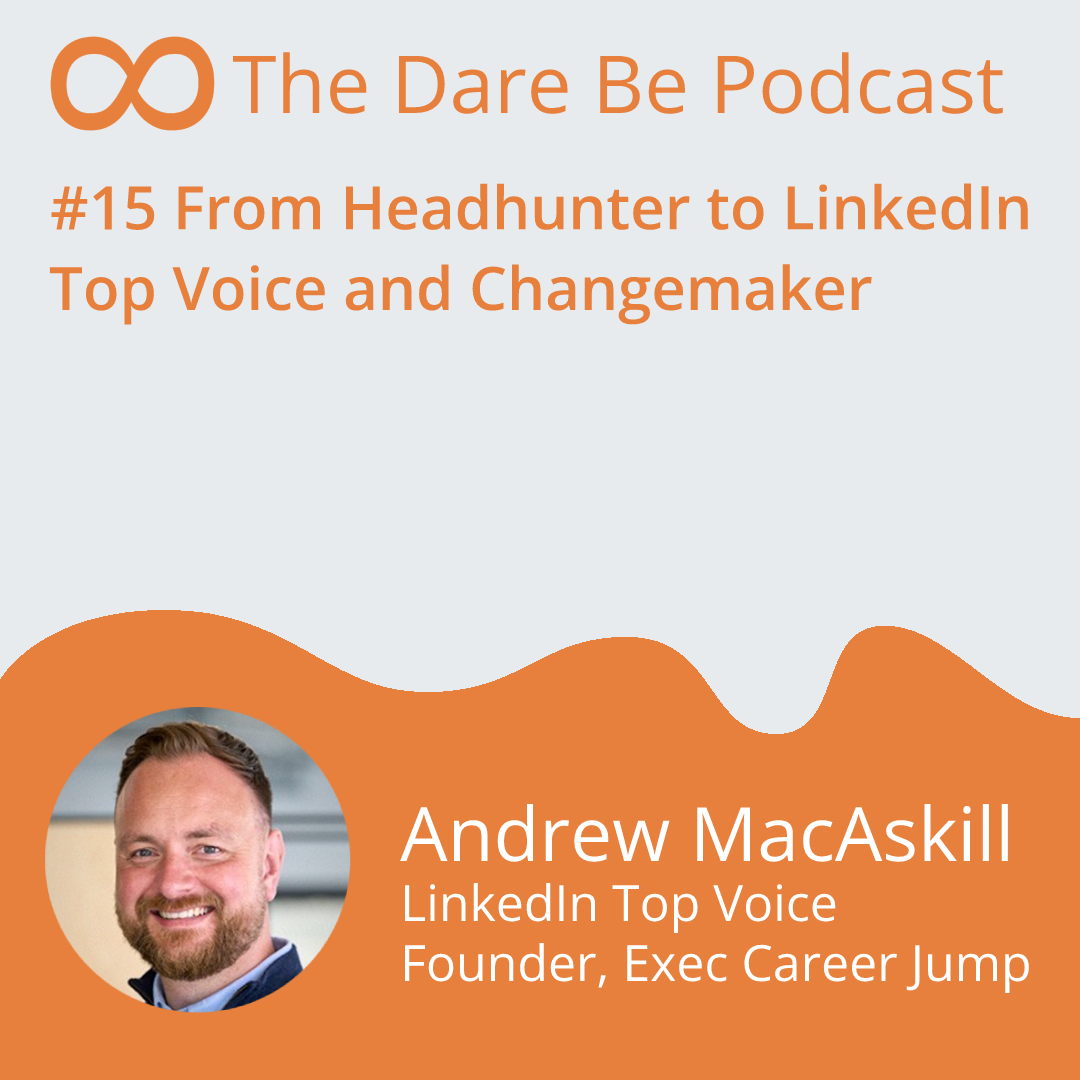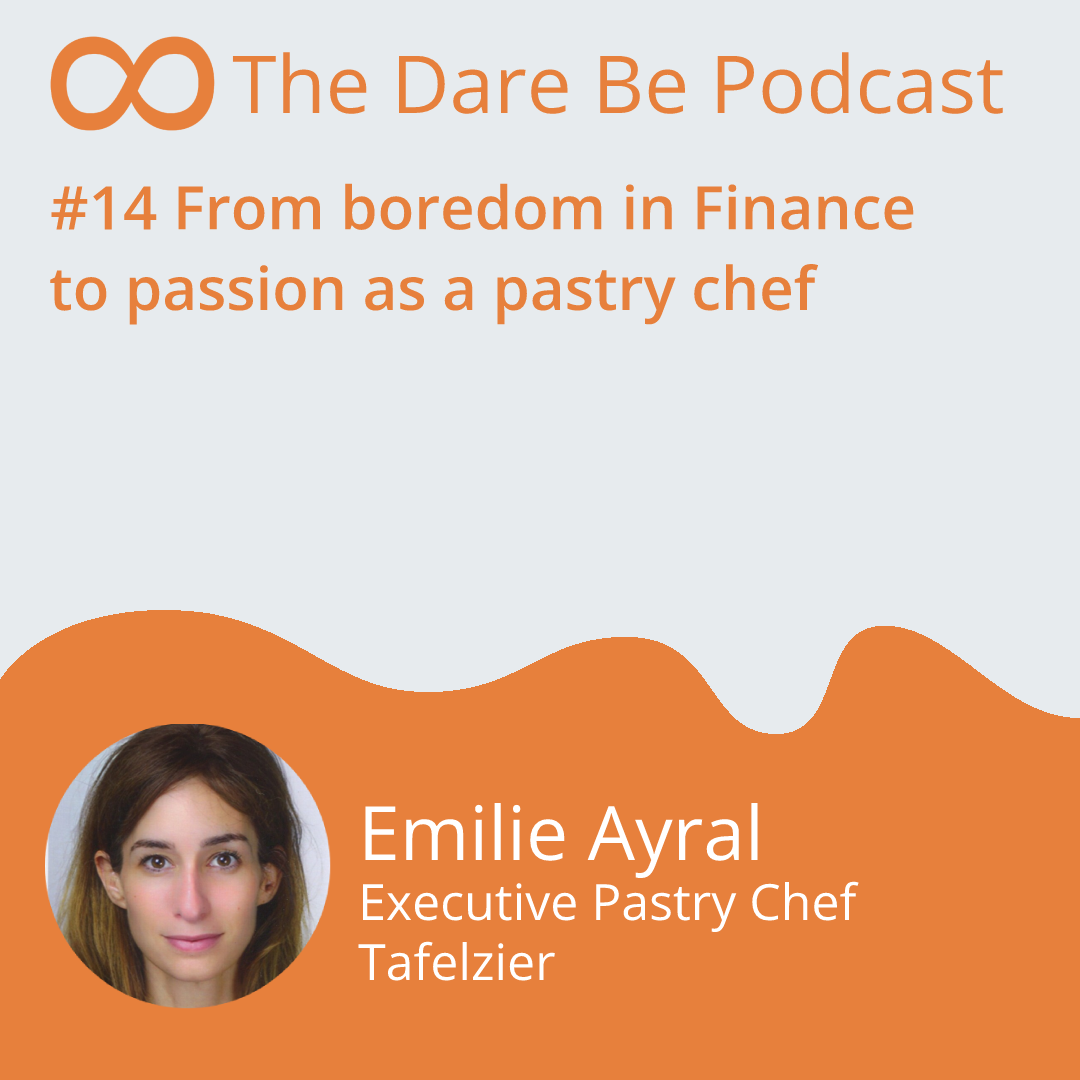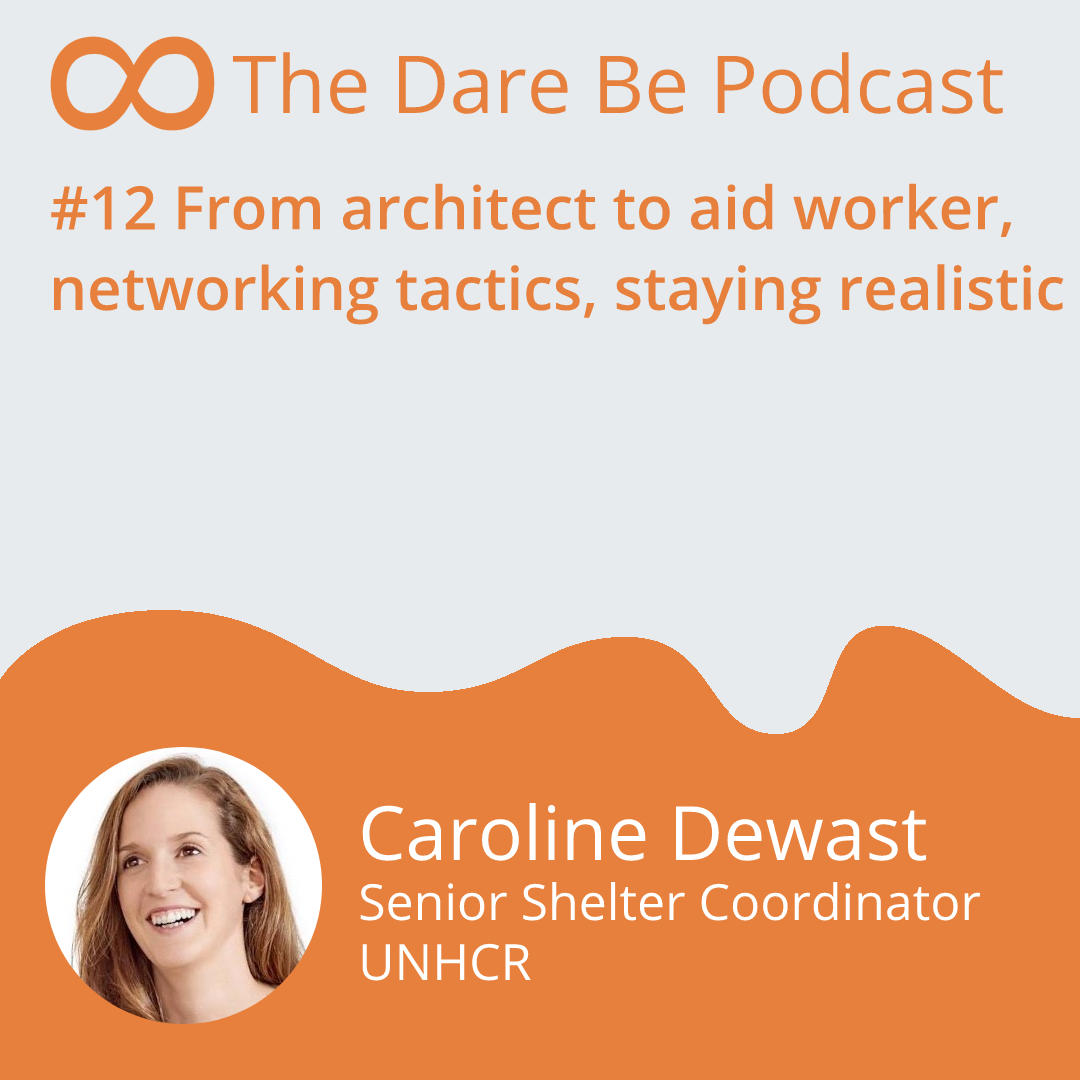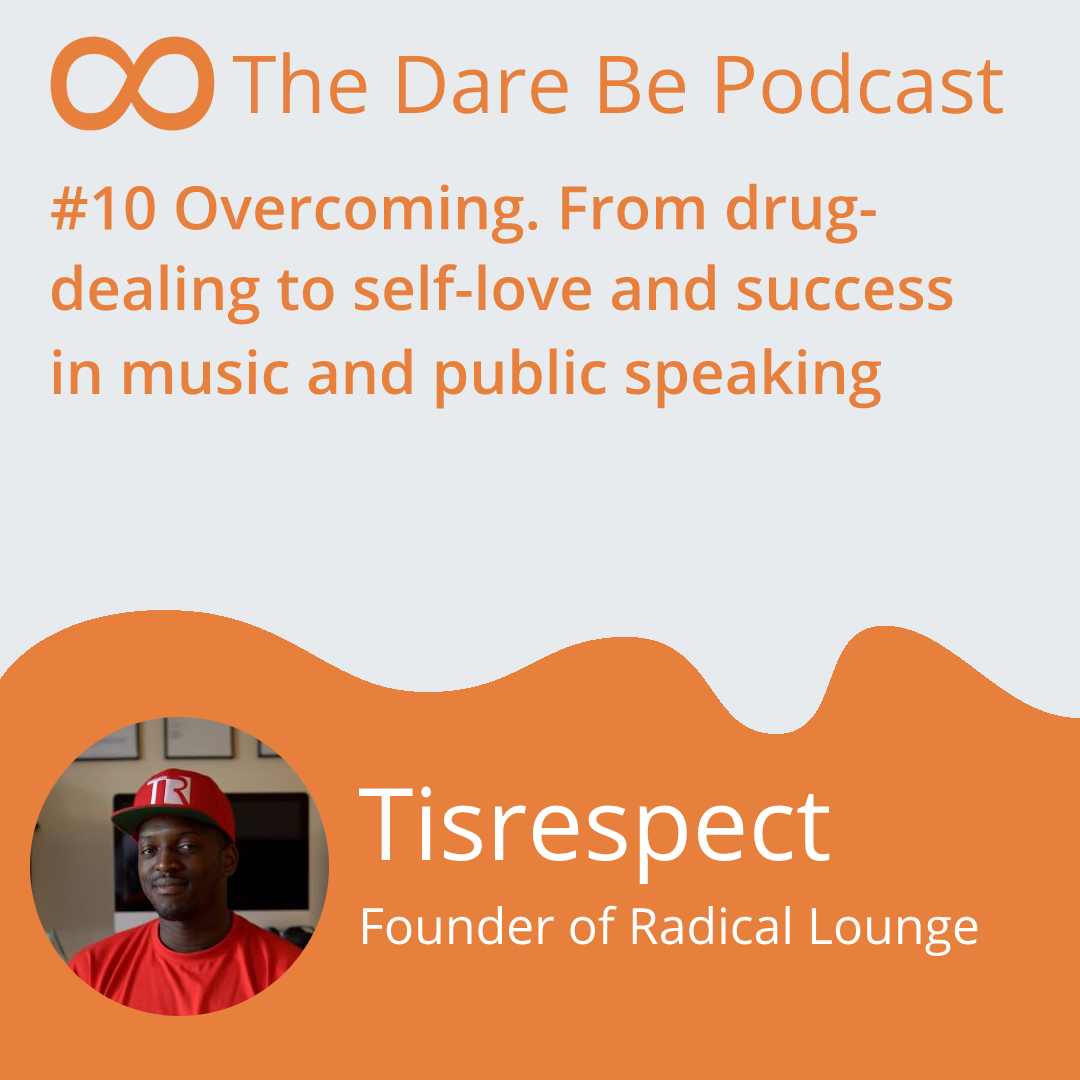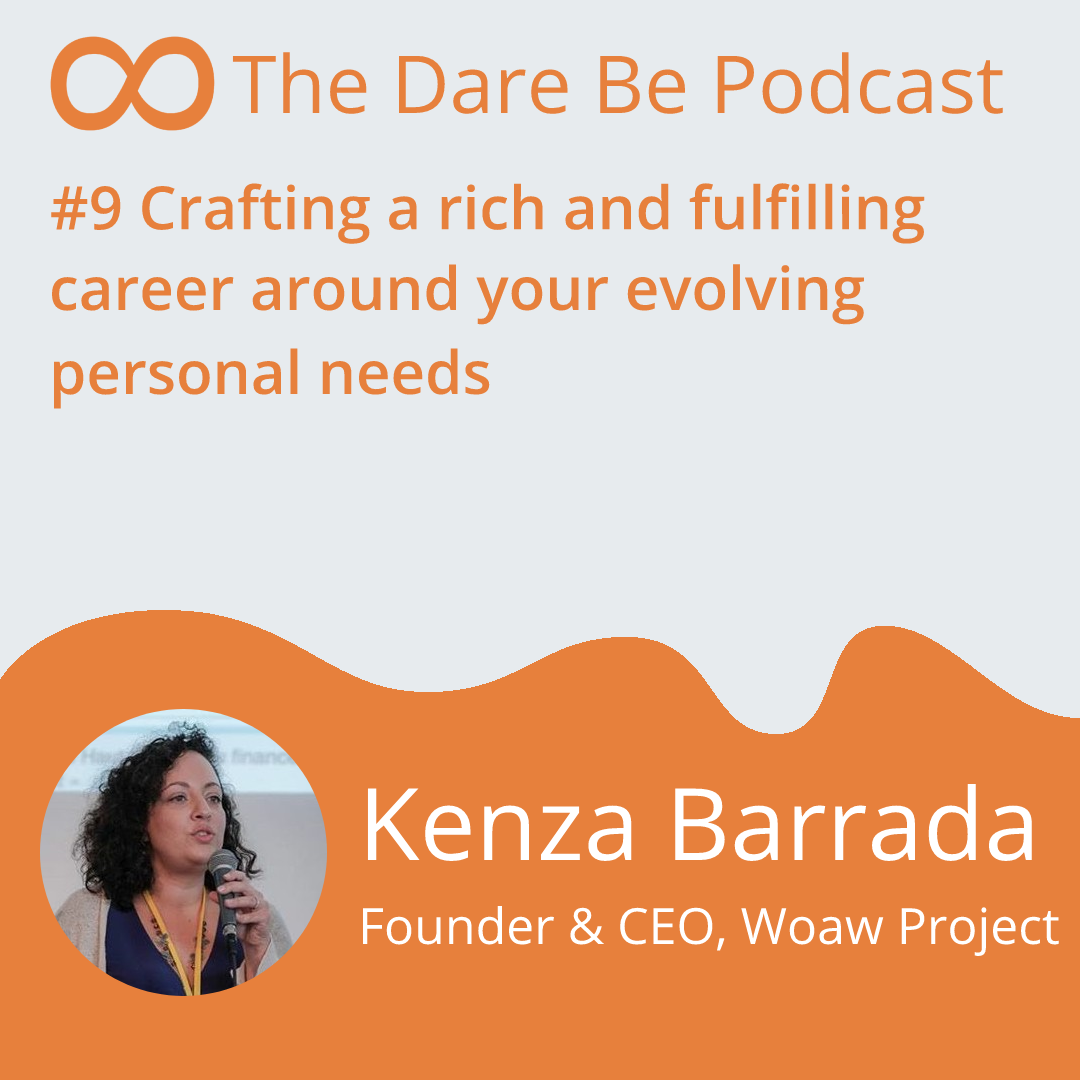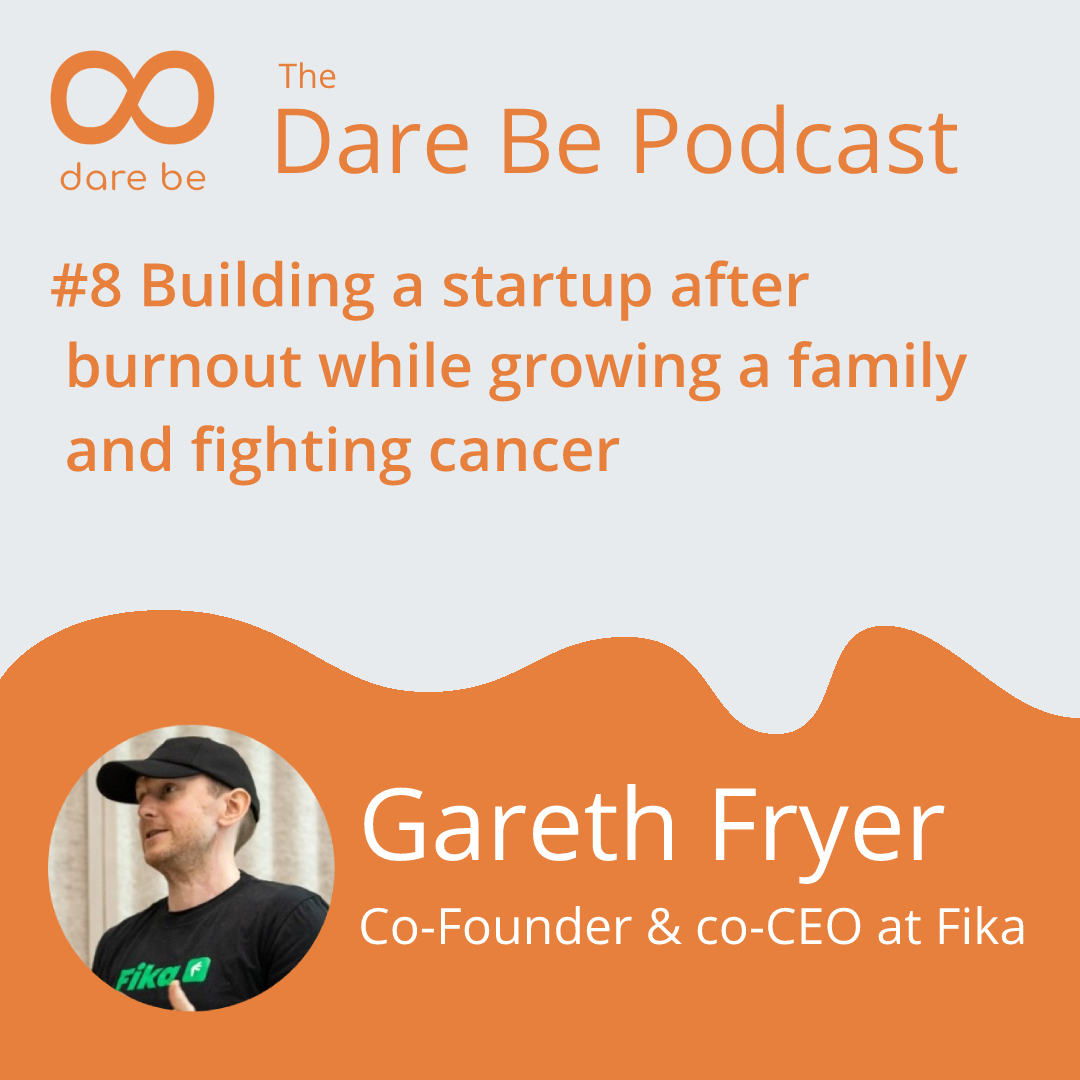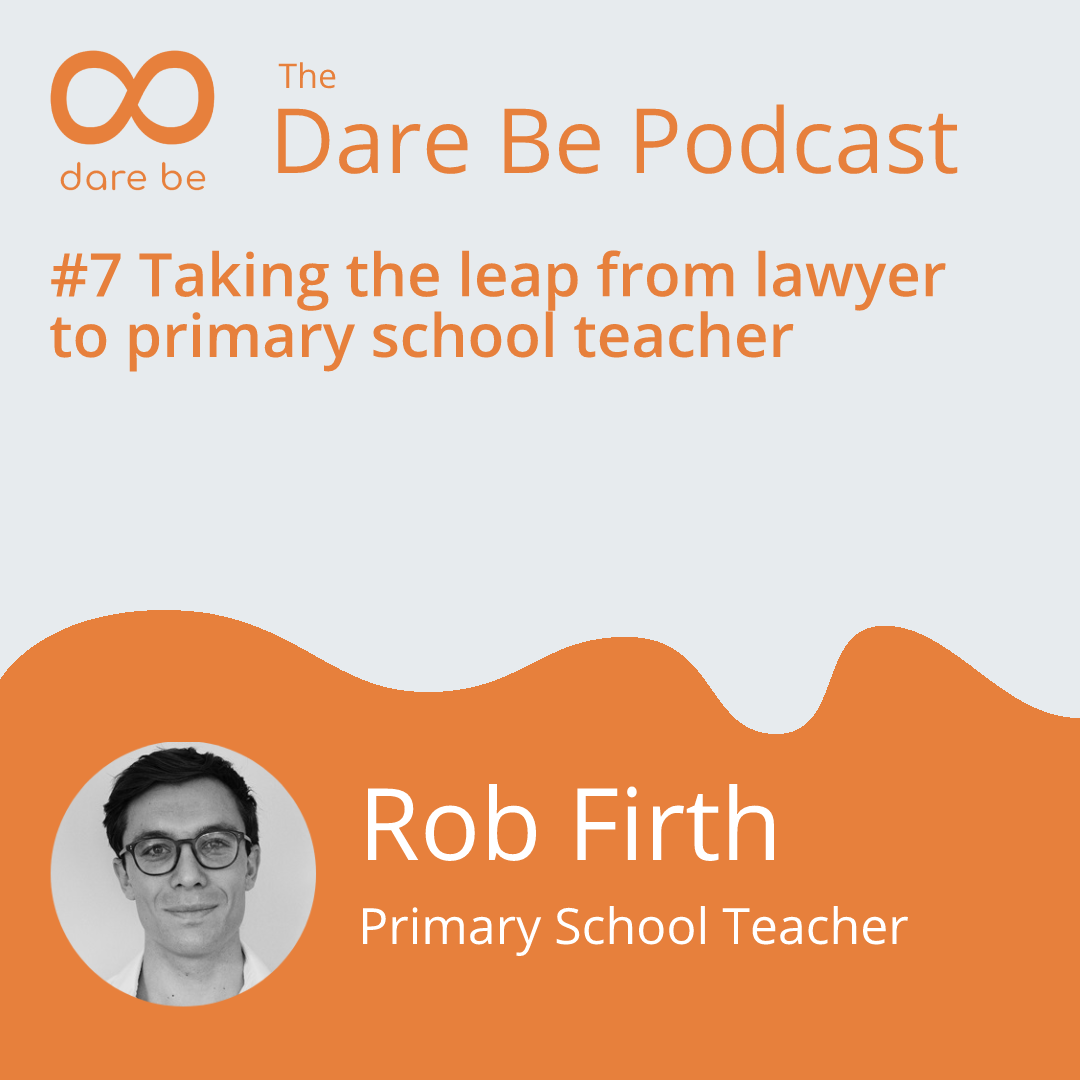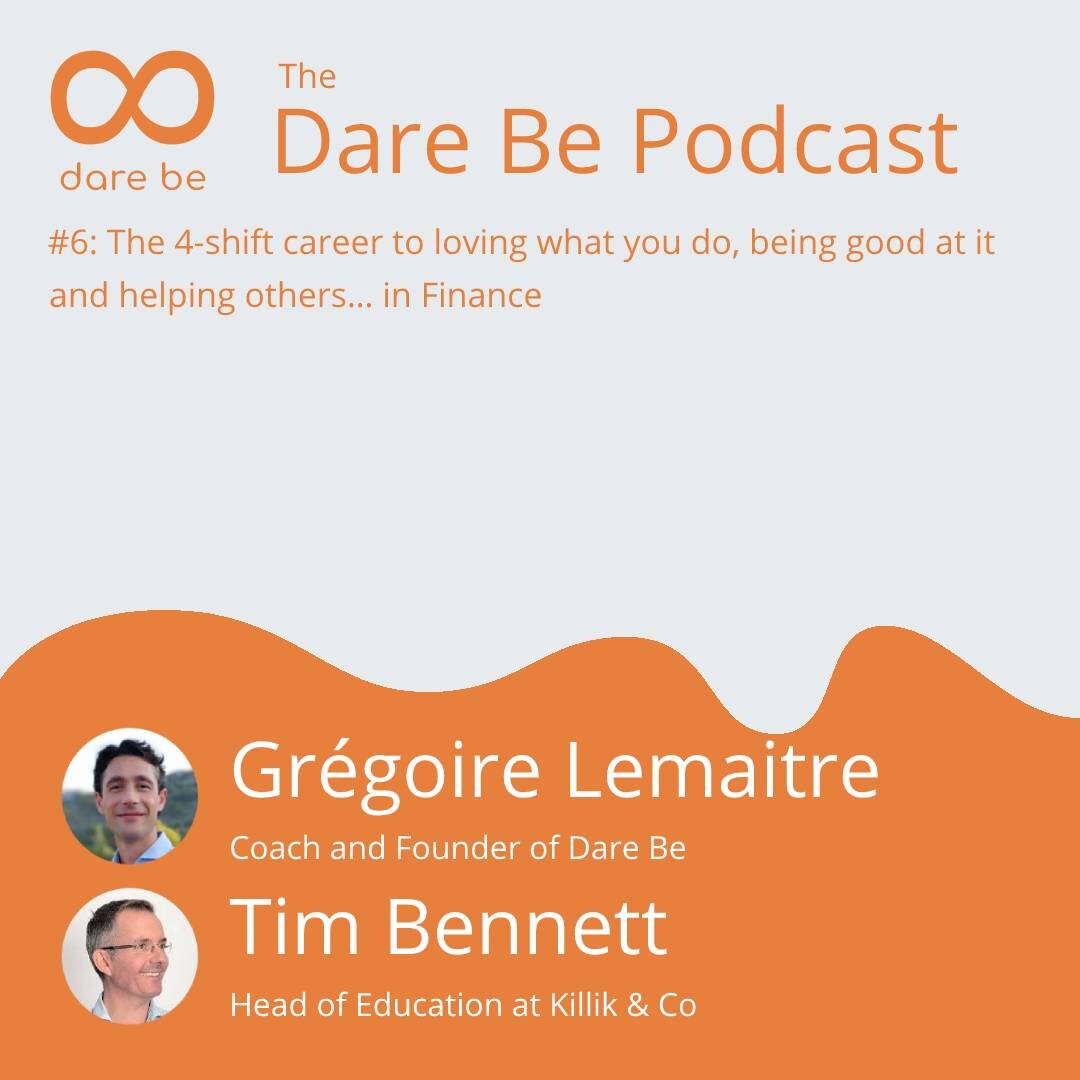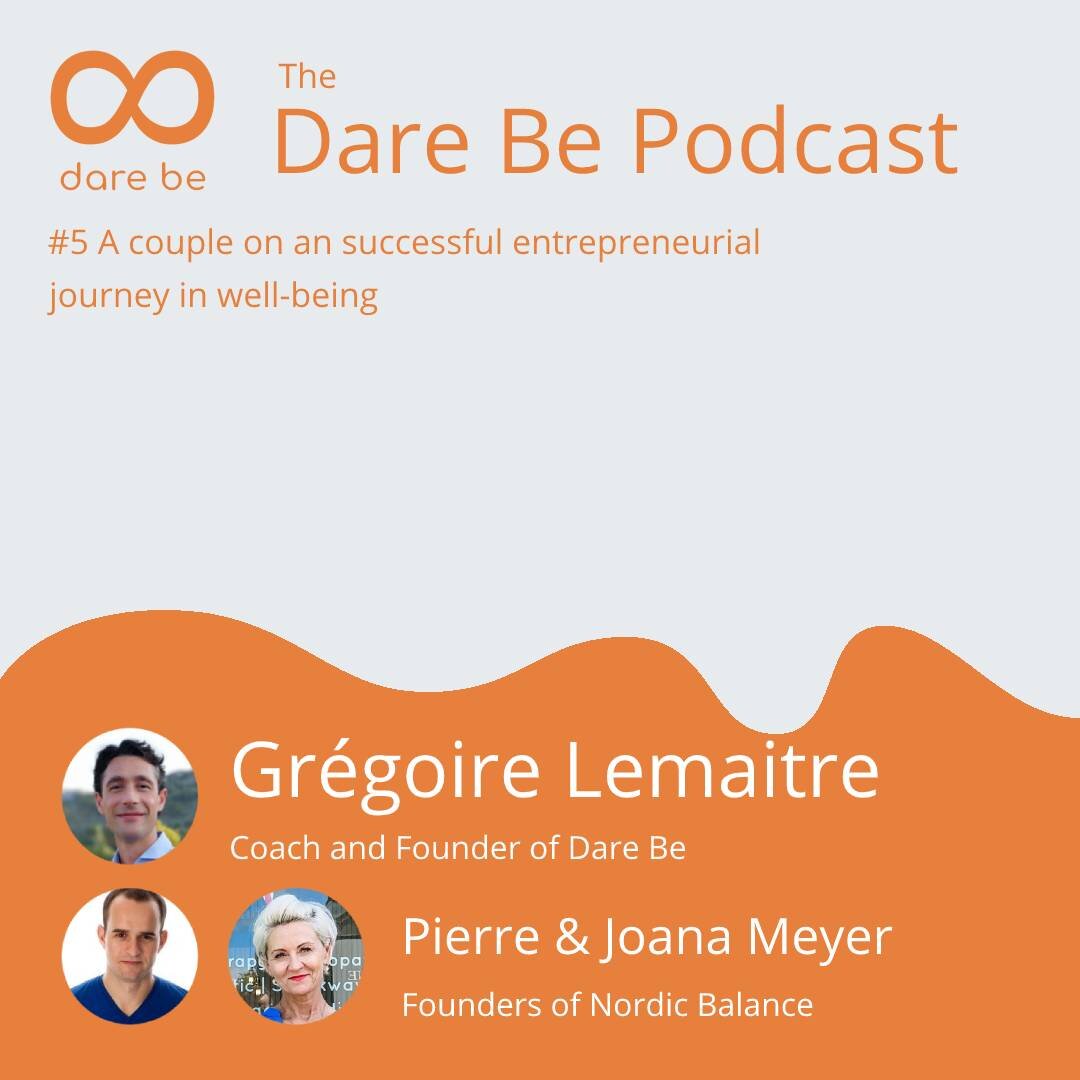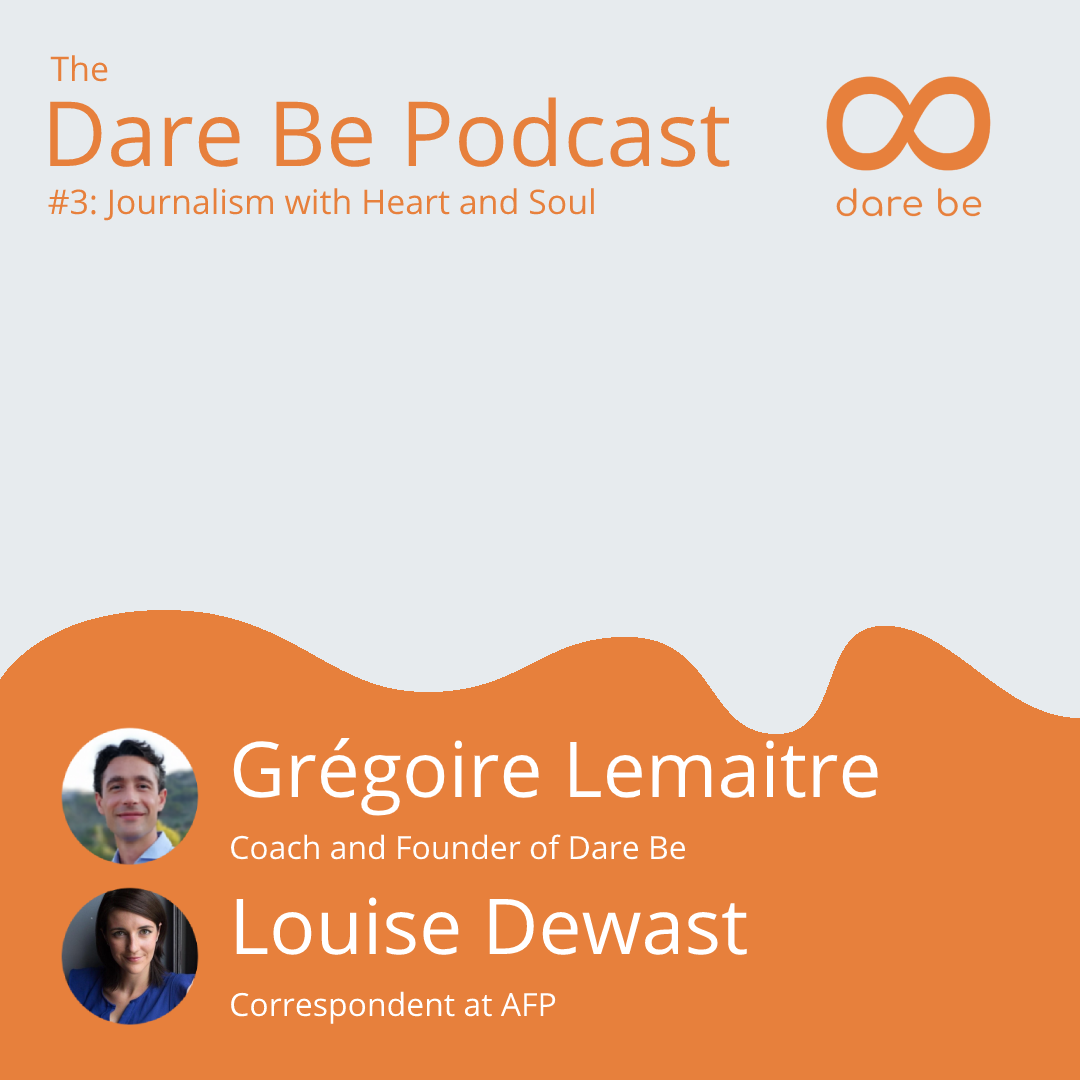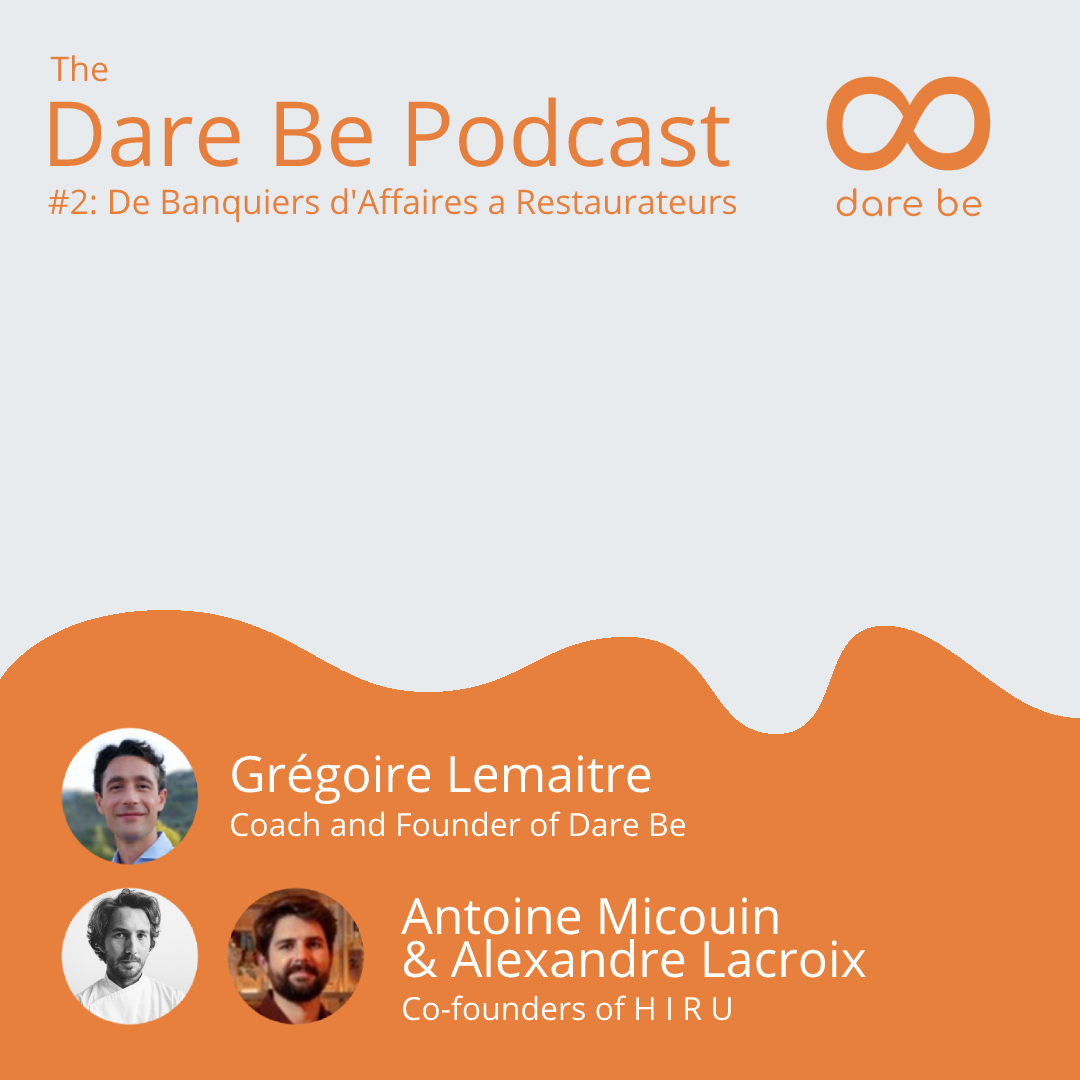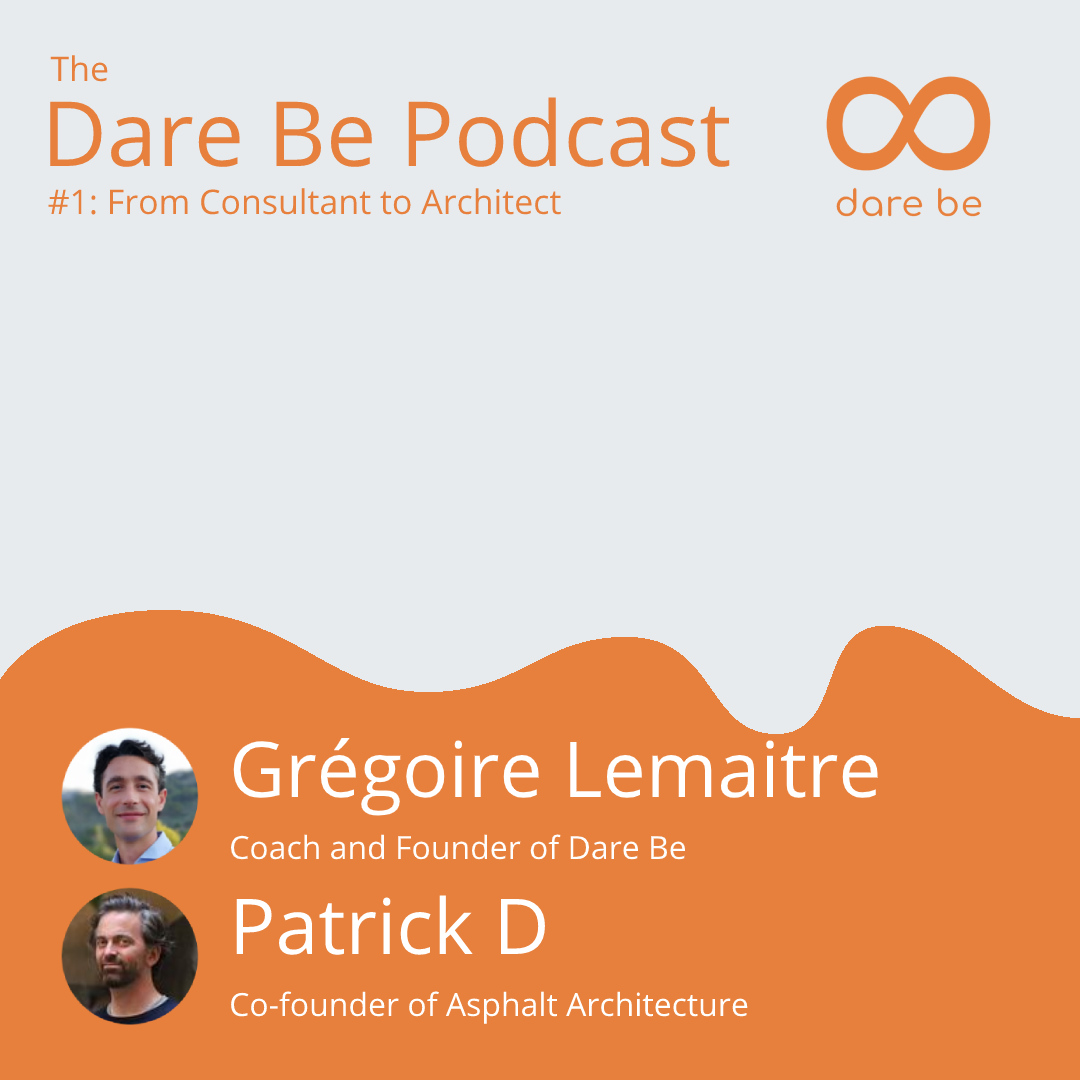#17 From Morgan Stanley to Regenerative Agriculture
Description
In this episode I talk to Chuck de Liedekerke, an investment banker at Morgan Stanley in London turned entrepreneur in regenerative agriculture . I enjoyed learning about regenerative agriculture, how it is a solution to climate change and the difference with organic agriculture.
SHOW NOTES
[00:02:21 ] What gives him the most satisfaction in his job? The team, the impact and making an idea successful
[00:04:05 ] Regenerative agriculture versus extractive agriculture
[00:06:04 ] There is no trade-off between environment and profit
[00:07:04 ] Farmers' methods follow the food we buy
[00:07:57 ] How regenerative agriculture helps to reduce carbon emissions and enhance resilience in our food system
[00:10:20 ] How he focused on solving climate change in the first 9 years instead of solving problems for the real agents of change: the farmers
[00:11:08 ] The difference between regenerative agriculture and organic agriculture
[00:12:47 ] When he walked into his boss office to quit and he said "Sure, life's too short, but ask yourself this one question: What do you want to do?"
[00:14:00 ] It felt good not to know what he wanted to do
[00:15:09 ] The Ted Talk binge to answer the question
[00:16:08 ] The Ted Talk that clicked everything into place
[00:18:33 ] The many happy coincidences as confirming signs
[00:19:30 ] Saving the world and making money scales and can last
[00:21:36 ] The calling for creating an operational relationship with nature
[00:22:52 ] It took him 1.5 years to actually resign
[00:23:34 ] Looking for a business partner who actually knows this stuff
[00:25:07 ] The first business idea that never happened: create an investment fund
[00:27:44 ] The emotional ride of the beginning
[00:28:42 ] Doubting the business model and adapting but never doubting the regenerative agriculture focus
[00:29:34 ] The first investment opportunity that made them pivot away from investing
[00:30:25 ] From land investors to farmland managers
[00:31:41 ] Learning and then looking to scale their knowledge and impact
[00:33:17 ] From feeling free and pivoting to committing to a plan and a team of 28
[00:37:03 ] Acknowledging his weakness and looking for people to compensate for it
[00:38:06 ] Didn't create the business with friends, became friends through the business
[00:38:37 ] Inspired by Patagonia's founder for working for a purpose
[00:40:25 ] Importance of religion - leaving every room better than when you arrived
[00:41:21 ] His most important lesson? Love to be wrong, to capture what's true around you
[00:43:21 ] His greatest reward: having built a team that would function without him
[00:45:25 ] The power of vulnerability at work
[00:46:16 ] Biggest challenge? At the beginning the lack of credibility, today the pace of change in science and policy
[00:47:16 ] If you're not tackling the world's meaningful and urgent problems, you're part of the problem
I also really enjoyed listening to his story. From the evening when he walked into his boss' office to quit to now as CEO of a business with 28 people... A LOT has happened. I was struck by his self-awareness and humility. There are important learnings for all of us. I hope you enjoy it!

